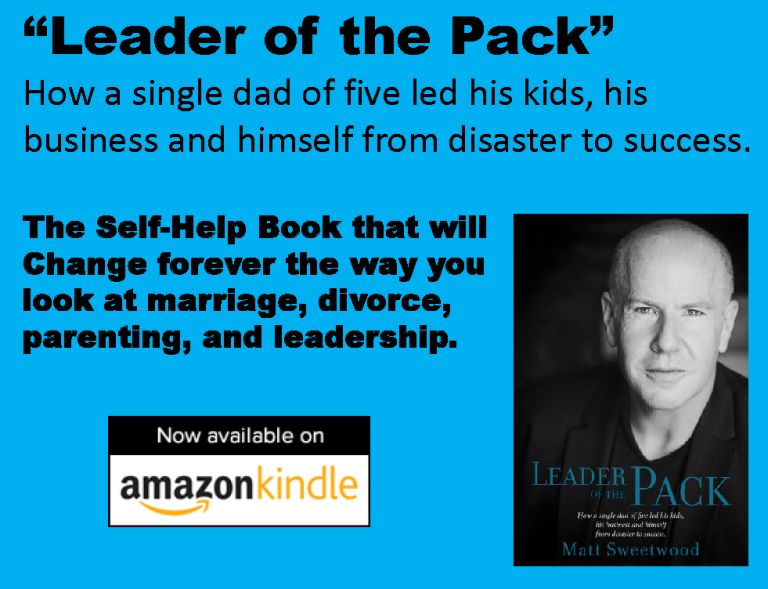10 Steps To Help A Family Member In Crisis
Sometimes, life can get hard. And when it does, chances are at some point you’ll have to help a family member through it. But how do you know what to do? There are 10 steps that will guide your way through the rough times with your loved one. As always, advice is only as good as the person applying it; you’ll have to make decisions based on your own experiences and who the person in crisis is.

1. Don’t be afraid to ask for help
If you don’t know how to help your loved one, seek out advice from professionals or other family members who have been in a similar situation.
2. Establish boundaries
It can be difficult to remain emotionally unaffected when someone close to you is going through a crisis, but it’s important to take care of yourself as well. Take time for yourself and spend time with friends and family who will offer you support.
3. Be patient
Crisis mode can be unpredictable and frustrating for everyone involved. Try to remain understanding and supportive, even when your loved one is behaving unpredictably or irrationally.
4. Offer practical assistance where possible
Whether it means making a meal, doing the grocery shopping, or taking care of household tasks, small acts of practical support can go a long way.
5. Listen without judgment
Let your loved ones express their feelings, and don’t try to fix everything. Just listening and being there for them can be incredibly helpful.
6. Respect their privacy
If your loved one wants to talk about their crisis, they will let you know. In the meantime, respect their need for privacy and give them time and space to deal with things on their own terms.
7. Avoid giving ultimatums or making rash decisions
Your loved one is likely already feeling overwhelmed and stressed; don’t add to that by putting pressure on them to make decisions or take specific actions.
8. Be prepared to help them get professional help
If the crisis continues, offer to go with your loved one when they visit a doctor or psychologist if that will make it easier for them.
TIP: If you find yourself in an emotionally difficult situation, know that you are not alone and there is help available. For more information or to speak with someone confidentially, visit https://www.sunshinebehavioralhealth.com/rehab-faq/ and make an appointment.
9. Know when you should be concerned and seek outside help yourself
Sometimes we can become so caught up in helping someone else that we forget about our own needs and fail to see signs of crisis ourselves. If you begin to feel overwhelmed by what is happening, don’t hesitate to reach out for professional support as well as further assistance from friends and family members who can share some of the burdens with you. Acknowledge any feelings of anger or frustration that may arise – sometimes those feelings are completely normal in response to a crisis – and seek out someone you can trust to help work through your emotions.
10. When the crisis is over, don’t forget to show your gratitude for everything that was done to support you or your loved one
The people who helped you should be thanked and appreciated for their efforts. Keep them in mind if you find yourself in a similar situation in the future; it’s so important to pay forward the compassion and practical assistance we receive when we really need it most.
In Closing
Supporting someone close who is going through a crisis can be difficult, but there are ways that family members and friends can make things easier for everyone involved. Even small kindnesses from friends and family members can go a long way toward lifting spirits during a stressful time.
Categories: Outside Contributors



